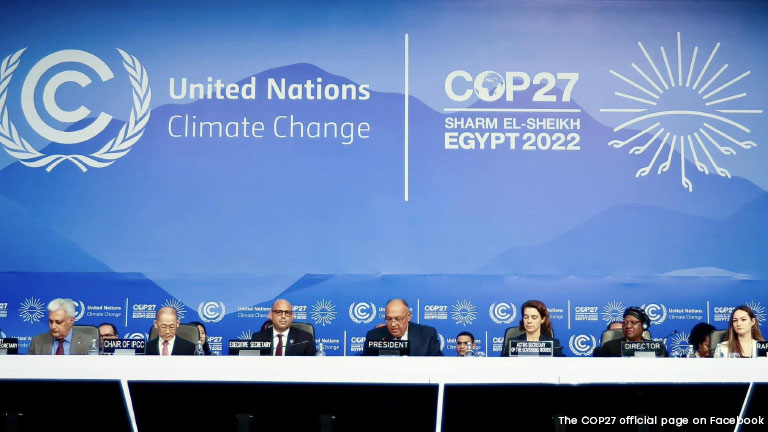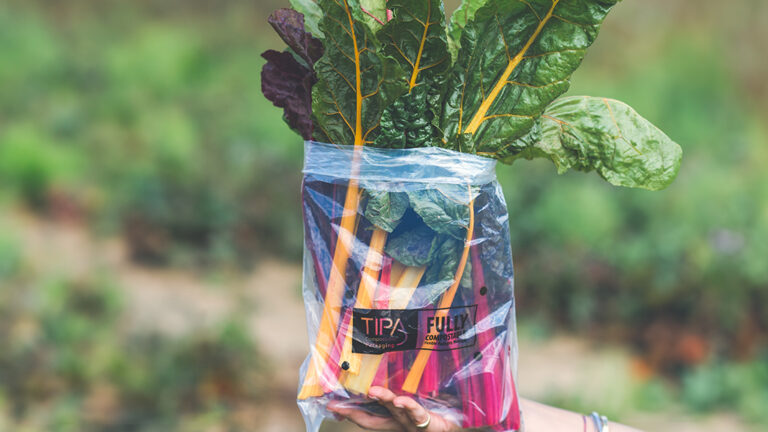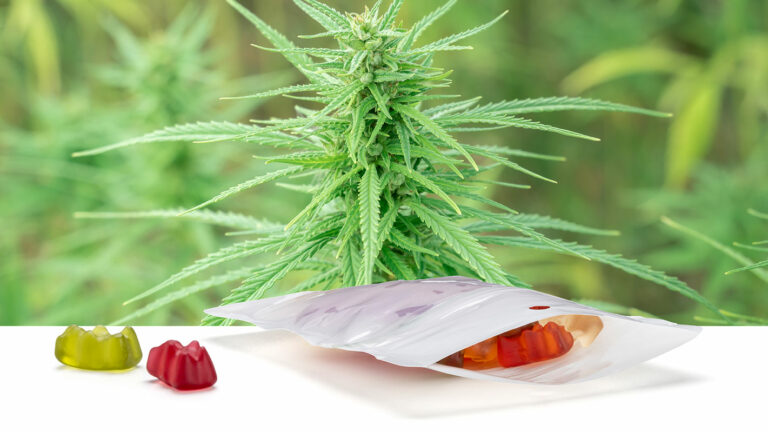With the United Nations Climate Change Conference, COP28, on the horizon for later this year in Dubai, it’s critical to address a glaring omission in the climate dialogue: plastic pollution. COP27’s failure to adequately tackle this growing environmental crisis left a chasm in the path to a sustainable future. This is not a misstep we can afford to repeat, especially with projections indicating global plastic production could triple by 2060.
The Unaddressed Crisis: Plastic Pollution Overshadowed at COP28
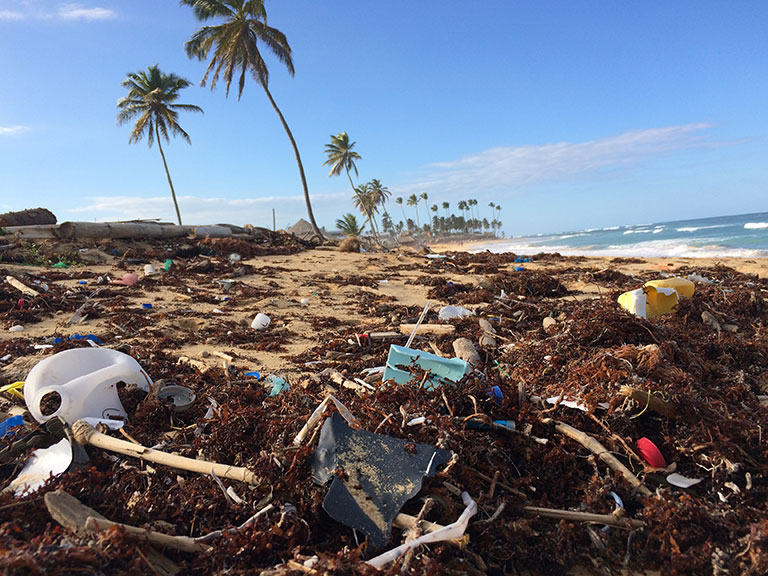
The stark reality is that our current strategies, particularly recycling, are falling short. A mere 9% of all plastic ever produced has been recycled, a figure starkly illustrating the inadequacies of existing systems. The challenges are manifold, from contamination issues to the inefficiency of material sorting and the questionable economics underpinning the recycling industry.
As we face a pivotal moment at COP28, the time for incremental changes has passed. The call to action is urgent and unequivocal. Policymakers must pivot towards innovative alternatives like compostable materials, which present a viable solution to the twin challenges of plastic pollution and waste management. These materials not only offer a route away from our reliance on traditional plastics but also integrate seamlessly into the ethos of a circular economy, where products are designed to be used, composted, and returned to the earth, enriching soil and reducing waste in one fell swoop.
Rethinking Strategies: The Urgent Need for Alternative Materials
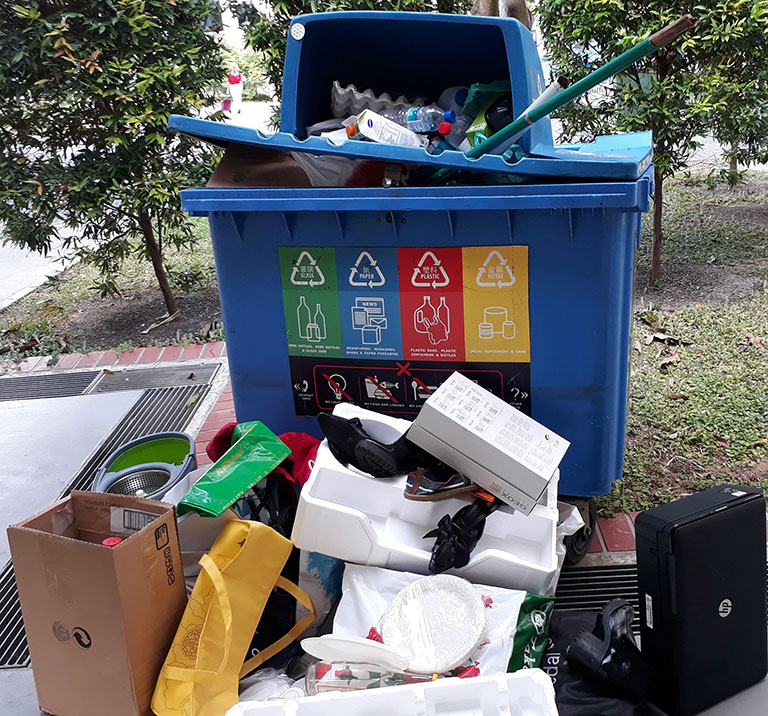
The connection between plastic pollution and climate change is incontrovertible. The production and mismanagement of plastics are major contributors to greenhouse gas emissions, with the potential to derail our efforts to mitigate the impacts of climate change. As such, plastic pollution must be recognized as a climate issue, deserving of a prominent place on the COP28 agenda.
We cannot overlook the symbiotic relationship between reducing plastic waste and enhancing soil health through compostable solutions. Quality composting supports critical environmental initiatives like reforestation and wetland restoration while playing a significant role in carbon sequestration and reducing methane emissions from organic waste.
It is imperative that COP28 does not sidestep the issue. With the global community’s eyes turned towards Dubai, we have a unique opportunity to chart a new course that sees plastics replaced with more sustainable materials. It’s a chance to elevate food waste collection to a global standard and to take significant strides in improving soil health.
The upcoming conference must not squander this chance. It should act as a clarion call to world leaders to convene, collaborate, and commit to a comprehensive strategy that addresses the plastic pandemic head-on. If we fail to act now, the drumbeat of public dissent will only grow louder, and the environmental repercussions will become increasingly irreversible.
The Eco-Revolution: TIPA’s Role in Pioneering Sustainable Packaging Solutions
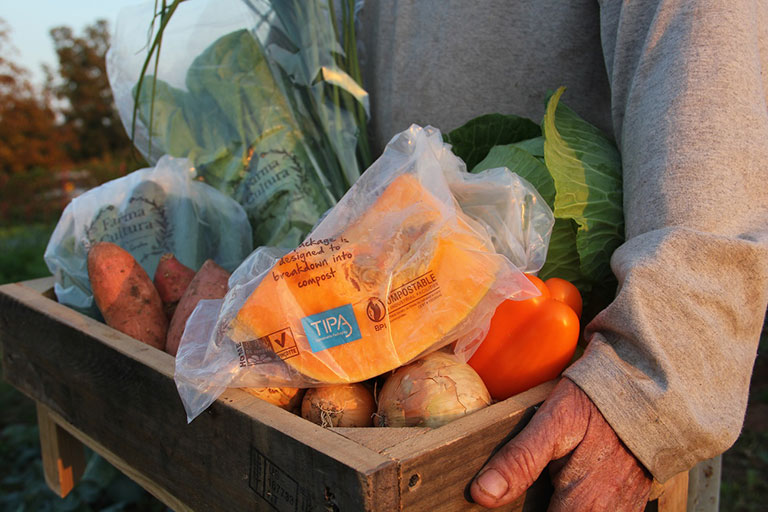
As COP28 approaches, the stakes could not be higher. Traditional plastic waste reduction methods are proving insufficient, and the clock is ticking on making pivotal changes. In this crucial decade of climate action, it is companies like TIPA that are leading the charge in offering tangible solutions. With a range of compostable packaging products that seamlessly integrate into the circular economy, TIPA demonstrates that alternatives to conventional plastics are not just viable but are already operational and beneficial. Our products represent the innovation and progress needed on a global scale, providing practical, environmentally-friendly options that reduce waste and pollution without sacrificing functionality or quality.











